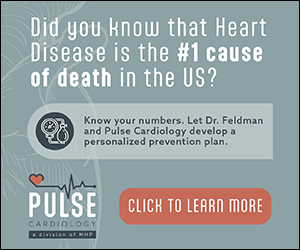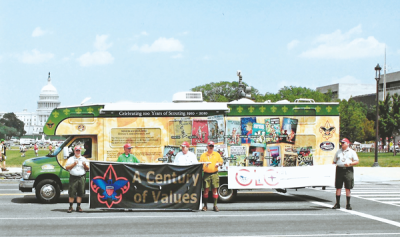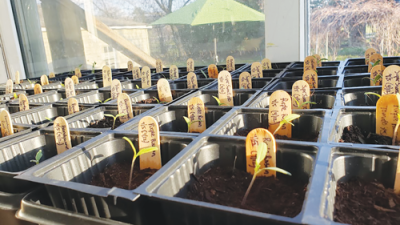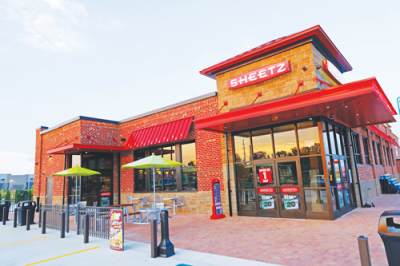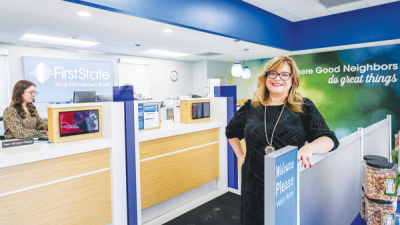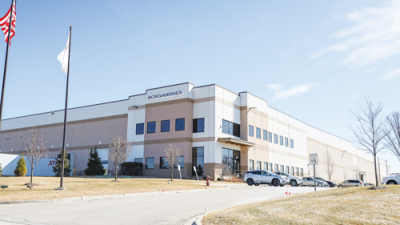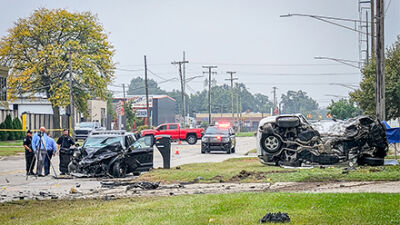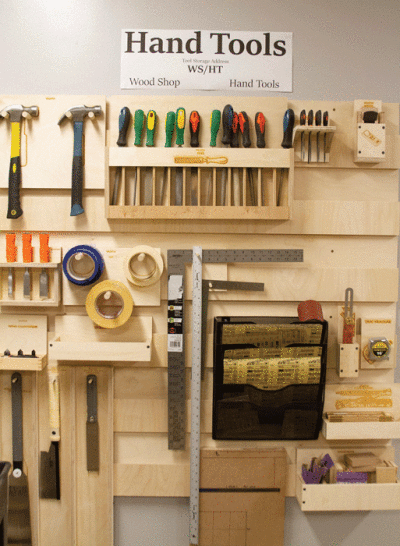
The Hawk Makerspace offers equipment, space and training for community members to work on craft projects. From the perspective of Farmington Hills Mayor Vicki Barnett, its addition to The Hawk was one of the highlights for the city last year.
Photo provided by the city of Farmington Hills
FARMINGTON HILLS — Since opening in 2021, The Hawk – Farmington Hills Community Center has become a primary attraction for residents.
The Hawk is located on the site of what was previously Harrison High School.
After purchasing the building, the city of Farmington Hills converted it into an approximately 245,000 square-foot multipurpose community center that features a 42-acre park.
Amenities of The Hawk include a fitness center, a gymnasium, an aquatics center, the Mainstage Theatre, pickleball courts and tennis courts.
Programs, classes, camps and events are also part of the attractions.
For some community members, the community center was enhanced even further last year with the addition of The Hawk Makerspace, which features more than 5,000 square feet of space.
Within the space, community members can work on craft projects, utilizing equipment at The Hawk Makerspace.
Farmington Hills Mayor Vicki Barnett said that it is an “unbelievable piece” for the city.
“It’s something that, as far as we know, no other city has,” she said. “The Makerspace (has) tools available to our residents to be creative and do things artistically or businesswise with equipment that they personally can’t afford to purchase themselves. And then we received a grant from the state to open up the incubator side of The Hawk, which will allow small businesses to test their products before they go to market and actually get the help they need to start their business. Incubators are the new wave in entrepreneurialism and getting ideas that are created at universities commercialized.”
Barnett said the Hawk Makerspace was planned for a long time.
“We’re one of the first makerspaces created by the city itself to encourage entrepreneurialism,” she said. “The business incubator is part of the brainchild of our economic development corporation — the Makerspace is a city asset. (We) got a grant from Bosch Corp.”
Barnett discussed features of the Hawk Makerspace that can appeal to some residents.
“There’s all kinds of wood-working equipment in there. If you want to build furniture, that’s the place to go,” she said. “On the other side of the Makerspace, we have laser cutters, with very expensive quilting machines if you’re a quilter — the kind of equipment that can run upwards of $15,000-$20,000 that are really professional-based equipment that’s in there for you to use, and an embroidery machine. You can start your own small business creatively if you’re a sewer or embroiderer using that equipment. There’s also vinyl cutting machines, as well as computer-aided design opportunities.”
Barnett said that training for how to use the machines is provided, and there’s also a place to store projects community members are working on.
The addition of The Hawk Makerspace also got the attention of Farmington Hills City Council member Randy Bruce.
“The Hawk continues to really do very, very well, in terms of the number of programs that we’re offering through there, as well as the new makerspace that’s just opened,” he said. “We’re looking at all kinds of ideas for possibly the third floor coming up here in the next year or two, things we think would be good to go with that very large space up there. So it gives us a lot of flexibility and … a lotta great programming for our residents in that facility. … There’s a tremendous variety of things there now, and it really looks great, so I’m very, very pleased with how that has turned out.”
As for this year, one of the most important items on the agenda for Farmington Hills is completing a new master plan, which helps create long-term goals and visions for cities.
“We started going over the master plan for the city and realized there’s really a whole lotta things we would like to do that we can’t do, either because of zoning laws or our ordinances,” Barnett said.
One of Barnett’s aspirations is for an updated master plan to reflect the wants and needs of residents, including allowing for more flexibility with the city’s liquor laws, which currently require ownership of a restaurant to attain a liquor license.
“We’re trying to change those things to bring the city’s entertainment venues up to what people currently are looking for,” she said. “So through zoning, as well as updating our ordinances along the way, we hope to have a complete and thorough revamping of the Farmington Hills zoning, especially for businesses, coming up this year. This has been a project we’ve been working on for at least nine to 10 months.”
Michael Bridges, Farmington Hills City Council member, said the master plan will be an exhaustive review, in order to help spur development and redevelopment in Farmington Hills.
As things currently stand, Bridges said that Farmington Hills is a well-run city.
“Farmington Hills is a triple-A rated city, (in) regards to bond rating. We have a triple-A bond rating status with Wall Street, and that’s clearly something that we strive for in our discussion regarding budget, how we go about city services and our financial status,” Bridges said. “We continue to be, also, No. 2, a safe city. We’re one of the few cities in the state that has an accreditation regarding our Police Department — it’s accredited. That’s a very lengthy process for that to happen.”
Bruce also considers public safety to be one of Farmington Hills’ assets.
“We continue to make sure that our public safety is well-funded, and they have all the tools they need to keep us being one of the safest cities in the state and one of the best places to live in the country,” he said.
Barnett said that Farmington Hills has been evolving in a positive direction, and from her perspective, one of the reasons for it is safer travel on the city’s roads.
“Orchard Lake Road from 13 to 14 Mile has been totally reconstructed with a boulevard and a roundabout. I know people don’t like roundabouts, but we’ve made that area much safer — that was a county project with our input along the way,” Barnett said. “The update of the paving of 14 Mile Road from Orchard Lake to Farmington has been, also, a great change, with the center left-turn lane, so that we can keep people safe. Those were very high traffic-crash areas in our city, so this leads to overall safety; but it also brings an opportunity to start to redevelop the strip malls that are along the corridor, and to reconfigure them, open them up, maybe move some of the parking toward the back, and if they’re redeveloped, bring some of the buildings more forward, so that we’re not looking at seas of parking lots.”
Road improvement work also extended beyond major roads in Farmington Hills.
“Thanks to the voters who approved the local road millage several years ago, we’ve been able to repave and reconstruct a record number of roads in our local subdivisions, so I would say that is one of the highlights of this past year,” said Farmington Hills City Council member Valerie Knol. “Infrastructure is one of the core responsibilities of the city — maintaining our roads, and all the underground infrastructure as well.”
Barnett said that Farmington Hills has a high-functioning City Council that gets along, and she has lofty aspirations for the city’s potential going forward.
“So 2023 is going to be not only our 50th anniversary as a city, but almost our re-birth as the next 50-year start,” she said. “I’m very excited about where we’re going this year and what we have to offer. … We’re really looking forward to working with our co-partners in government — the city of Farmington, as well as the school boards and Oakland County. So we’re very excited going forward.”
 Publication select ▼
Publication select ▼
